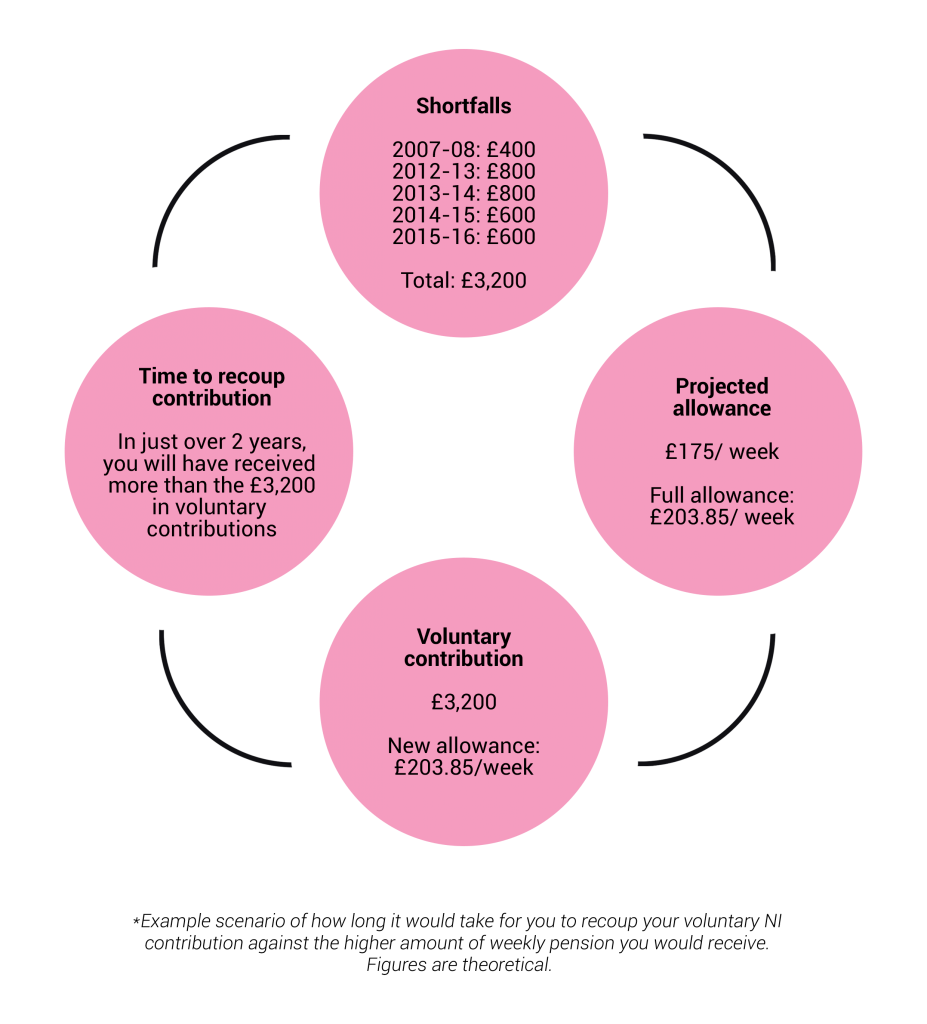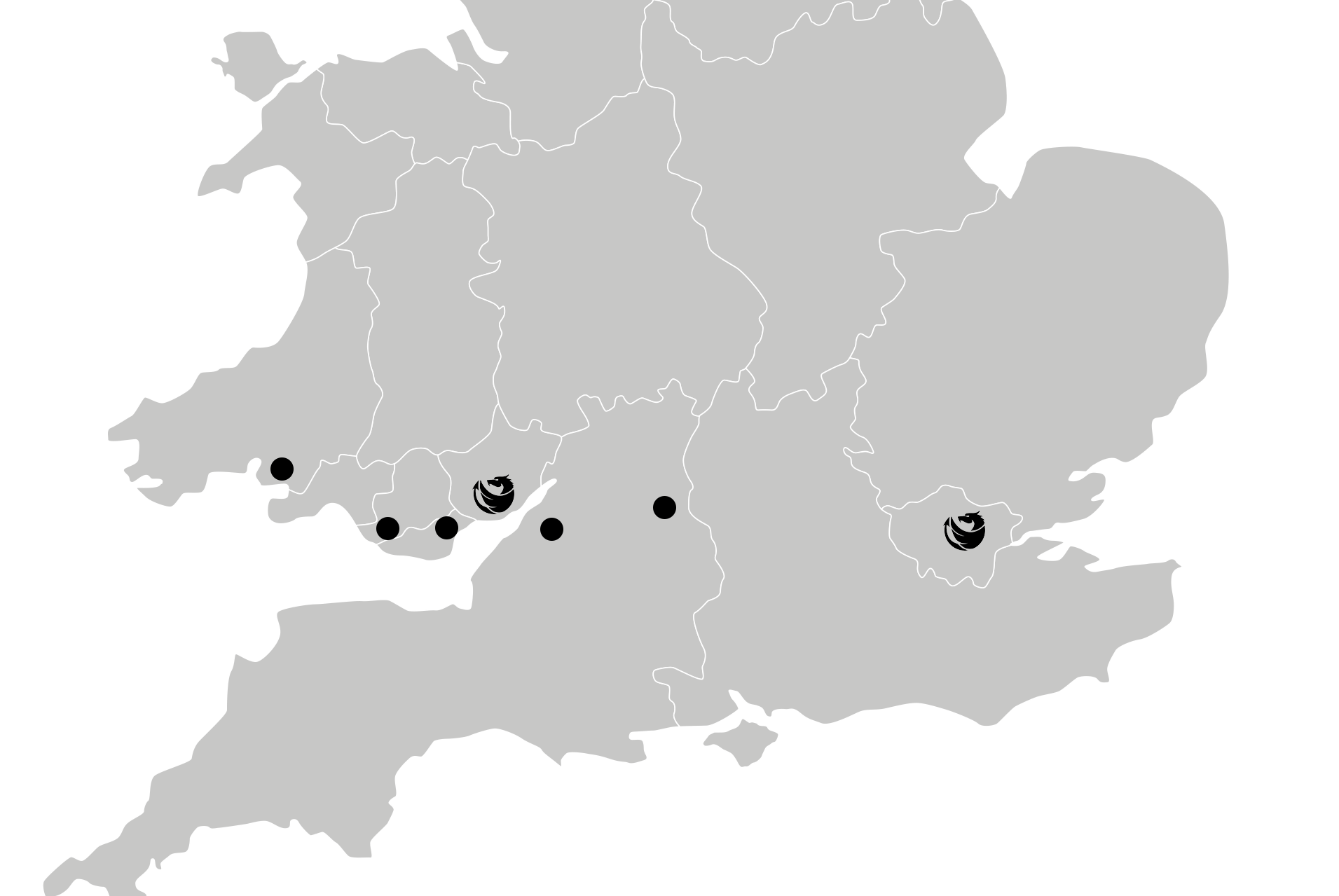The deadline to cover any National Insurance (NI) contribution shortfalls between 2006 and 2016 is just over a month away. From August 2023, you will only be able make up gaps in your contributions from the past six years. Independent Financial Adviser, Ed Peach, explains why it could be important to see if this impacts you:
Whether it’s to take time out to care for children, returning to studies or because of long-term illness, it’s unusual to go through a whole career without taking a break in some capacity. Of course, there are lots of financial considerations that come with such a decision. However, it can often be during later years that the impacts become even more apparent, namely, in not being able to take your full state pension.
In 2016, the new state pension was introduced. Previously, the pension was split into two tiers – basic and additional – and you needed 30 qualifying years of National Insurance (NI) contributions to get the maximum amount. Today, there is just the one standard rate (£202.85/week from next month), while individuals need 35 full qualifying years to access it.
Indeed, for individuals who had taken career breaks, this posed issues for those only on track for 30 years of contributions when approaching retirement age. And it’s because of this fact that taxpayers have been allowed to put in voluntary NI contributions to make up for gaps between 2006 and 2016.
This arrangement has allowed those individuals, particularly in their 60s, to ensure they are able to access a vital – and in many cases, majority – part of their retirement funds. However, the window to make up for shortfalls within this extended period is due to end on 31 July 2023.
From August, you will only be able to make up contributions for the previous six years. The deadline had previously been 5 April 2023, but the deadline was extended due to the numbers of people making up shortfalls.
How important is it to make up a shortfall?
Even if you are not solely relying on your state pension into retirement, it can often still be a main contributor to your income. It’s estimated that well over a third of retirees in the UK rely on the state pension as their main source of income in retirement.
While as long as you have made 10 years of full NI contributions, you will still receive a pro-rata pension sum, even a small shortfall can have a significant impact in some cases. The current full state pension is currently worth over £10,600 per annum and is indexed for life (increases with inflation every year).
In a hypothetical scenario, a shortfall in five years’ contributions may lead to your pension allowance being reduced by £25 a week. However, by making up that shortfall (£3,200 for example) you could ensure you get the full pension allowance. This would mean that the cost of making a voluntary contribution would be recouped quickly in state pension income at retirement.

How do I check?
You are able to check whether you have shortfalls in your NI contributions and if so, make a voluntary contribution yourself, and it’s a simple process:
- Check your NI Record: https://www.gov.uk/check-state-pension
- Review your own plans: How long will you be continuing to work and paying NI contributions? Are you likely to have a shortfall of NI contributions at your desired retirement age?
- Decide whether or not to pay in: How much will it cost to top up the state pension, and how much will that give you in yearly income?
The government website will tell you exactly how much you are missing, what it will cost to top it up and how much that will increase your yearly income by. Ask yourself whether the extra amount you will receive justifies the amount you will be required to contribute.
If you are unable to access and login to the government website via your government gateway ID, you can call the Future Pension Centre for them to check your state pension manually. You can also download a form from the below link and post that for them to check your state pension that way.
Remember, you only have until 31 July 2023 to make up any shortfalls in your history between 2006 and 2016. From 1 August 2023, you will only be able to make voluntary contributions towards years from 2016-17 onwards.
As always, if you have any concerns or questions on your portfolio, please don’t hesitate to get in touch.
Call: 01633 851805
Email: info@nichepc.co.uk
Office: 5 & 6 Waterside Court, Albany St, Newport, NP20 5NT
Become a client Client login
The contents of this article do not constitute financial advice in any way; if you have any concerns about your finances you should talk to your financial adviser. The value of your investments can go down as well as up.
< Back to News
